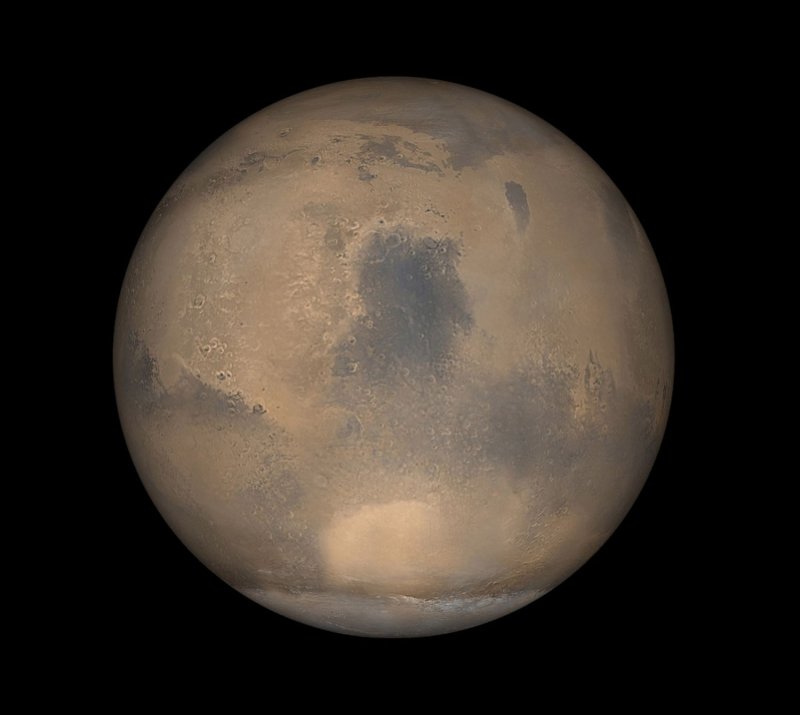Dennis Tito, multimillionaire and founder of the non-profit Inspiration Mars Foundation, plans to partner with SpaceX to send a two-person crew on a Mars fly-by in 2018. (File/UPI Photo/NASA) |
License Photo
Dennis Tito, multimillionaire and founder of the non-profit Inspiration Mars Foundation, will host a press conference on Feb. 27 detailing his “Mars-shot” plan. He became the world’s first space tourist in 2001, when he spent a little over a week living on board the International Space Station, reportedly spending $20 million for his adventure.
He intends to hire Elon Musk’s Space Exploration Technologies Corporation, or SpaceX, to send a spaceship beyond low-Earth orbit. According to a NewSpace Journal report based on an Inspiration Mars paper detailing the proposed mission, a modified SpaceX Dragon capsule will be the spaceship of choice, launched on the Falcon Heavy rocket currently in development.
Because of the short timeframe to develop the necessary technology, the mission will be a bare-bones fly-by. It will use existing tech for environmental control and life support, (ECLSS) and will not land on the Martian surface or even orbit the planet. The 501-day mission will launch in the January 2018 launch window when Earth and Mars are in a favorable positions. The paper adds that if they miss this favorable 2018 opportunity, the next chance to take advantage of this favorable trajectory would be in 2031.
The press conference will be held at The National Press Club in Washington, D.C. on February 27. Other than Tito, speakers will include Dr. Jonathan Clark, associate professor of Neurology and Space Medicine at Baylor College of Medicine and space medicine advisor for the National Space Biomedical Research Institute, and two crew members of the two-year mission Biosphere 2. Tito and paper co-authors will then speak at The IEEE Aerospace Conference March 3 in a presentation titled “8.0105 Feasibility Analysis for a Manned Mars Free Return Mission in 2018.″
Even without orbiting or landing on the planet, the mission presents many physical and mental health challenges for the two crew members living in close isolation, as shown by the 520-day joint Russian-European Mars500 project, which simulated the isolation of an extended mission.







